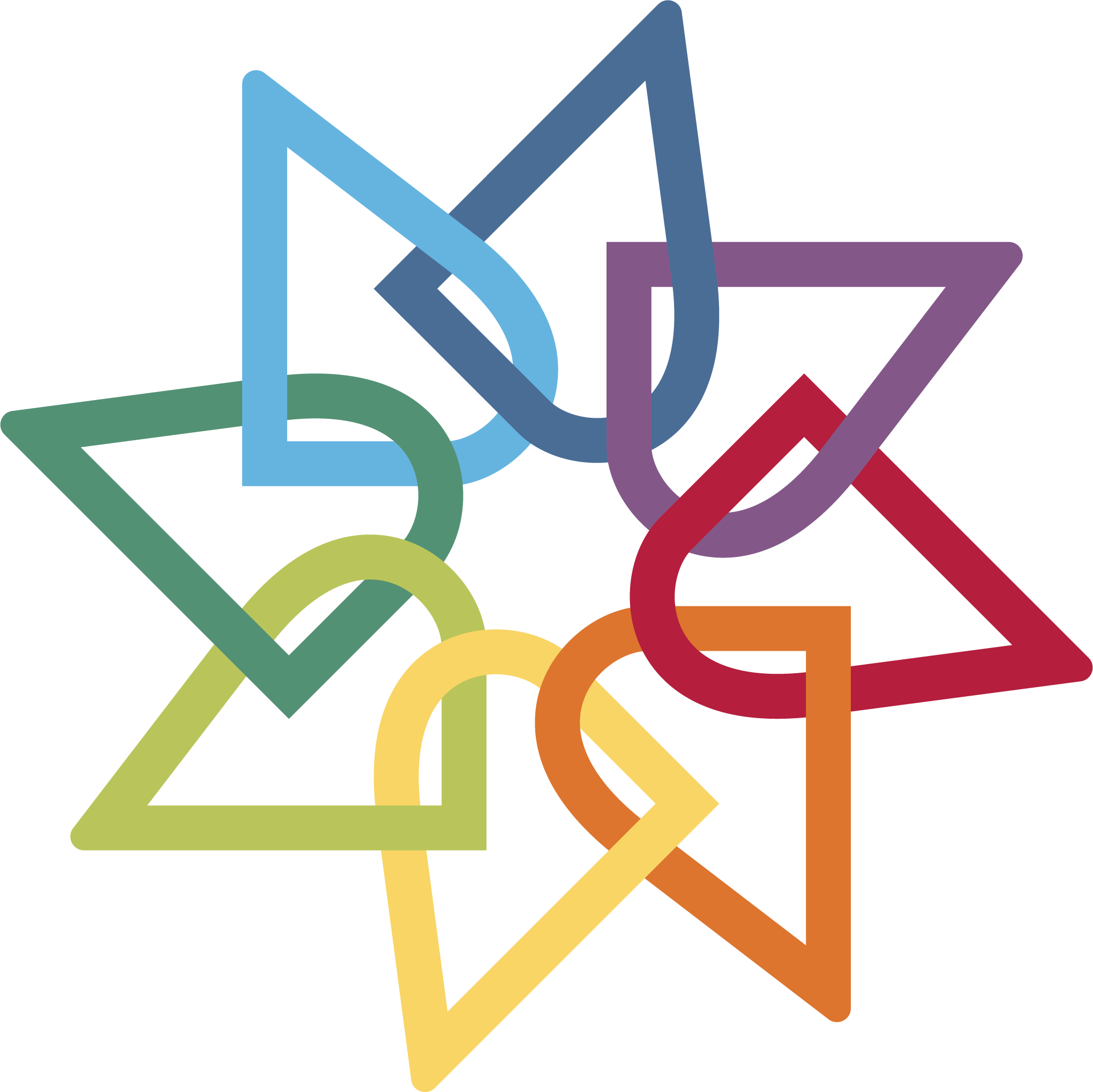The United States Distance Learning Association was the first nonprofit distance learning association in the United States to support distance learning research, development and praxis across the complete arena of education, training and communications.

